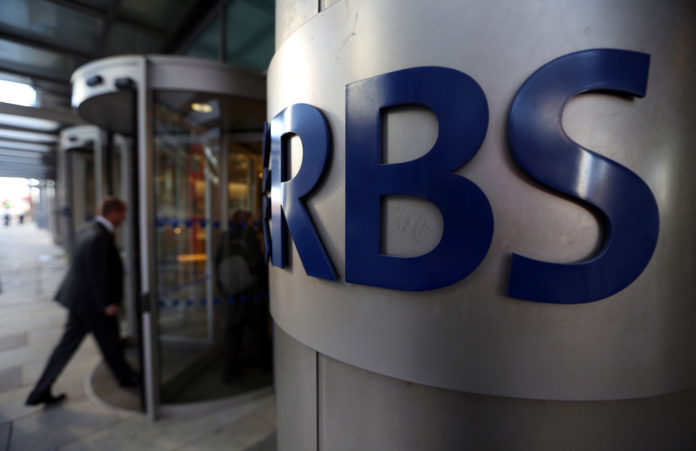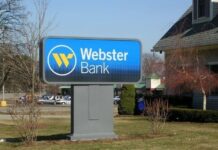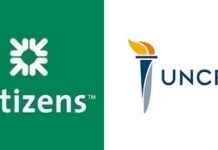
TOKYO – Royal Bank of Scotland Group Plc faces further sanctions in Japan after the country’s securities regulator found traders at Britain’s biggest publicly owned lender attempted to manipulate benchmark interest rates.
The Securities and Exchange Surveillance Commission asked the Japanese Financial Services Agency to take “administrative action” against RBS Securities Japan Ltd., the watchdog said in a statement in Tokyo today. It didn’t detail what form that measure should take.
The recommendation comes two months after RBS’s Japan unit pleaded guilty to wire fraud as part of the bank’s $612 million settlement with U.K. and U.S. authorities for rigging the London interbank offered rate, the benchmark for at least $300 trillion of securities worldwide from mortgages to student loans.
RBS is the first lender to face sanctions by Japanese authorities for attempts to rig Libor and related benchmarks since UBS AG and Citigroup Inc. were told to suspend some derivatives transactions in the country in December 2011. Citigroup’s local securities unit was banned from trading tied to Libor and Tibor, the Tokyo interbank offered rate, for two weeks. UBS received a one-week suspension.
The Edinburgh-based lender today apologized to customers, saying in a statement that it will take “appropriate steps” to address the issues raised by the regulator.
‘Malicious’ Conduct
From around mid-2006 to early 2010, an unidentified RBS trader and his colleagues asked employees responsible for making yen Libor submissions to change them to favor their derivatives portfolio, the commission said. The conduct was “seriously unjust and malicious,” it said.
Libor is calculated through a daily poll that asks firms to estimate how much it would cost to borrow from each other for different periods and in different currencies. The top and bottom quartiles of quotes are excluded, and those left are averaged and published for individual currencies.
Because Libor is based on estimates rather than actual trade data, the process is vulnerable to manipulation by traders seeking to profit from derivatives whose value depends on the future direction of rates. Banks have also sought to submit artificially low rates to make them appear more creditworthy than they actually were during the financial crisis.
RBS, UBS and Barclays Plc have been fined more than $2.5 billion in total over the past year for making false submissions to that survey. More than a dozen firms are still being investigated by regulators across the world.
In a separate violation, the SESC said RBS Securities’ chief executive officer and chief operating officer received non-public customer information on bank branches of RBS and ABN Amro Bank NV from May 2008 to February 2010. The branches were consolidated in June 2009 as part of a takeover, it said.












